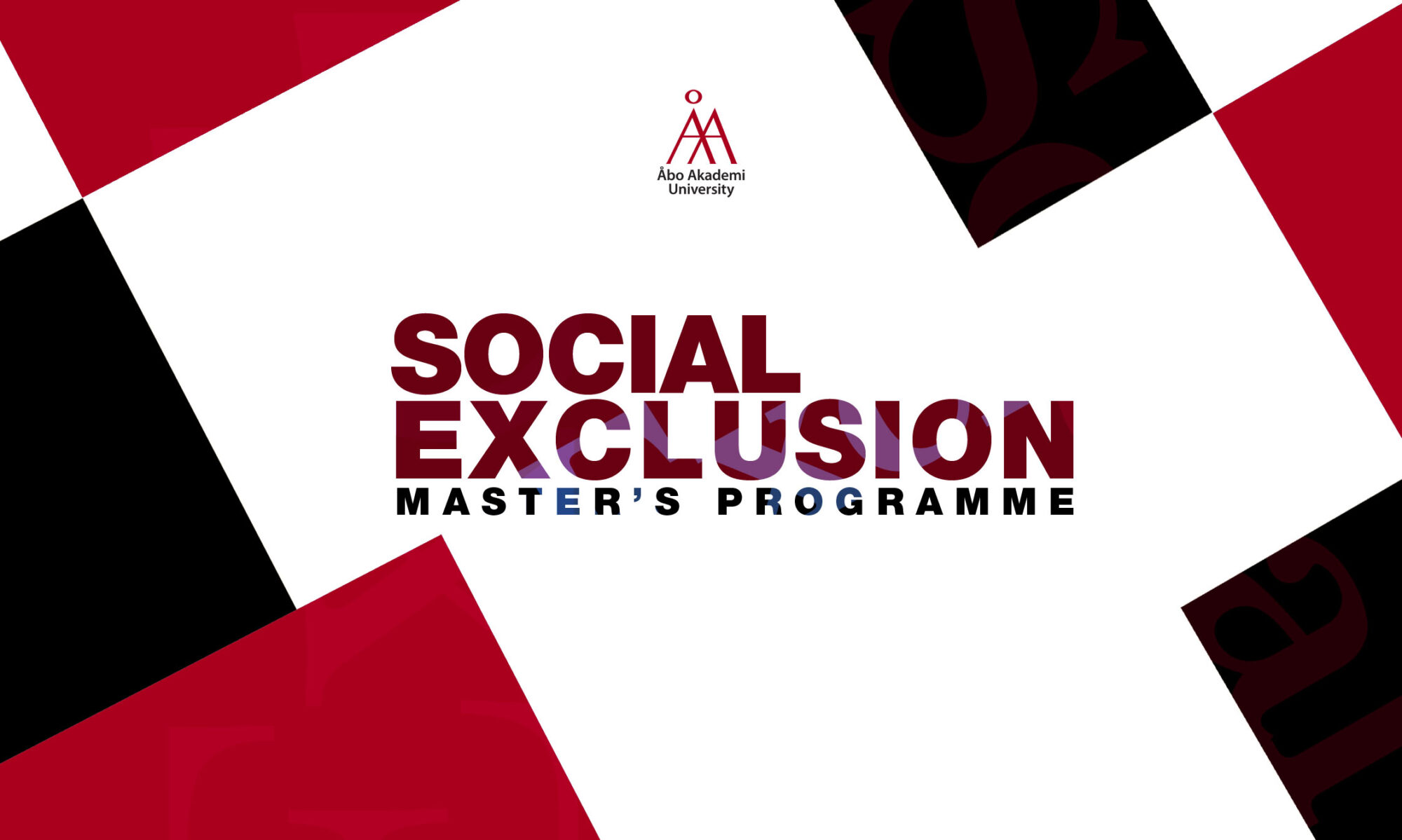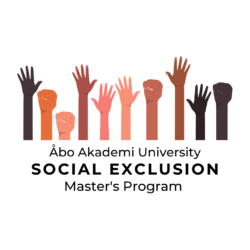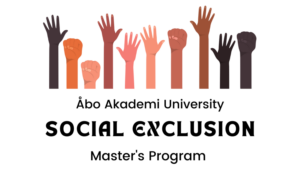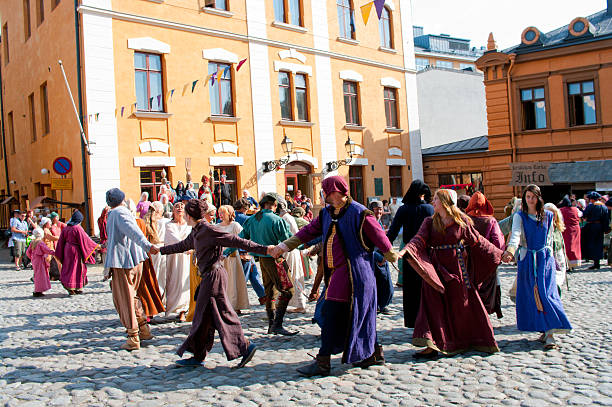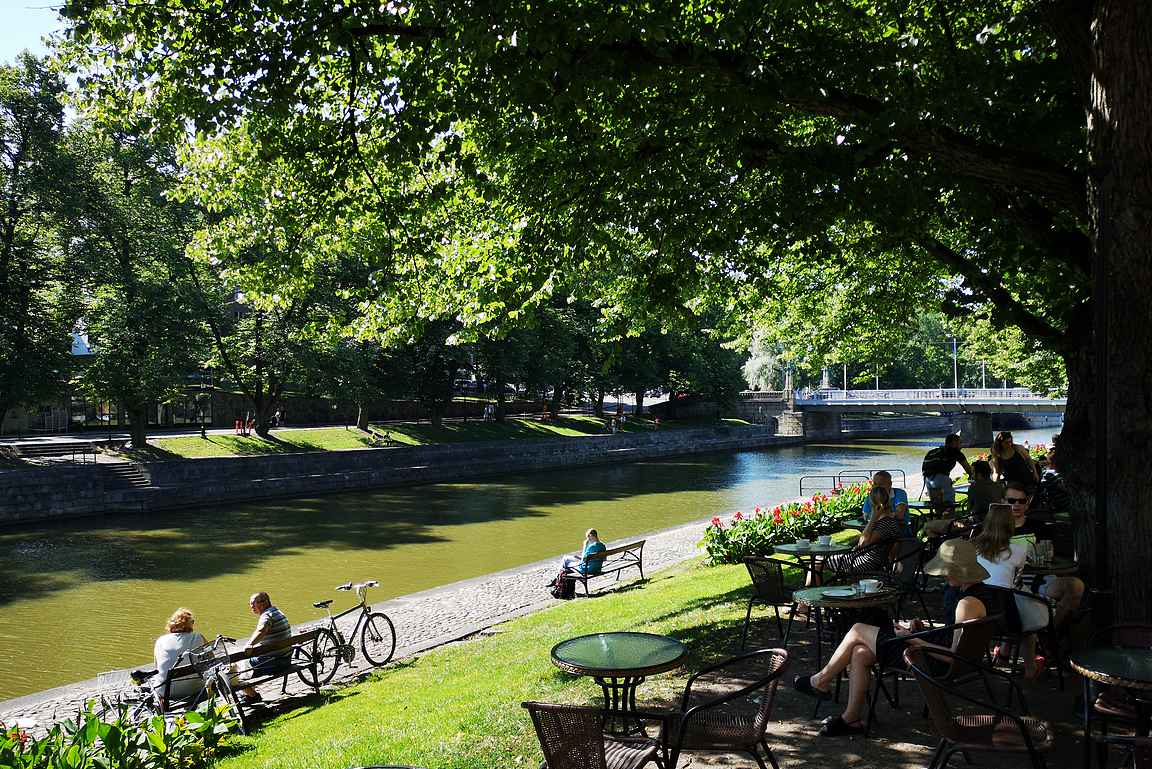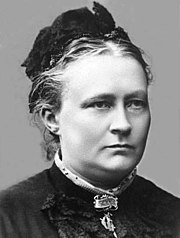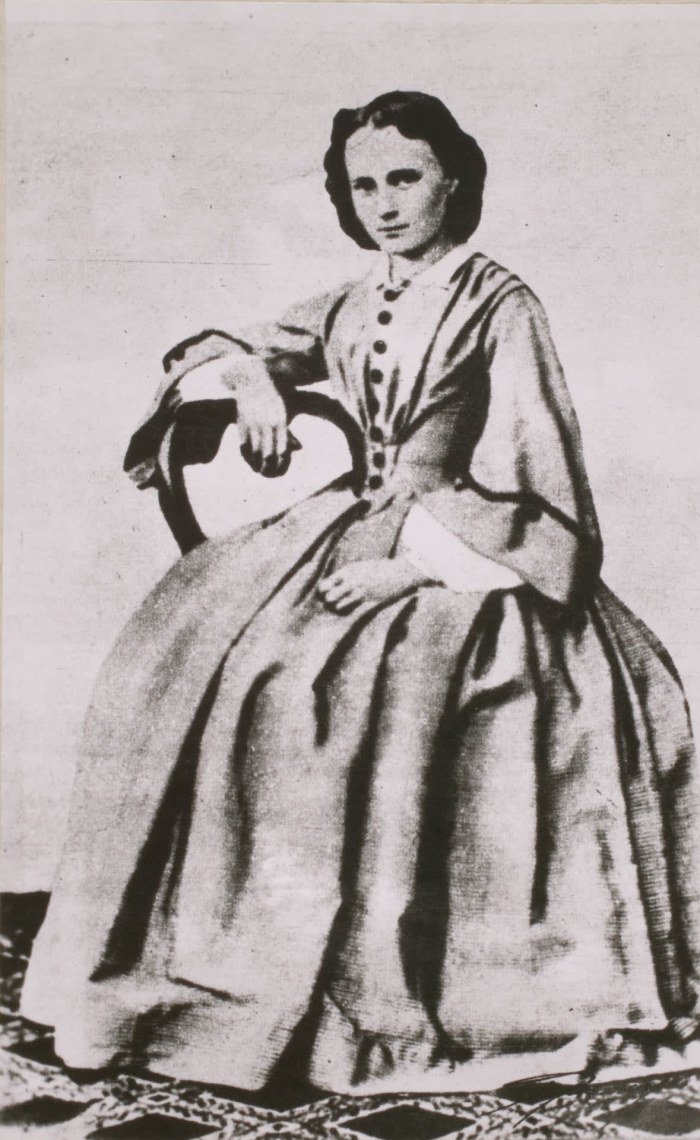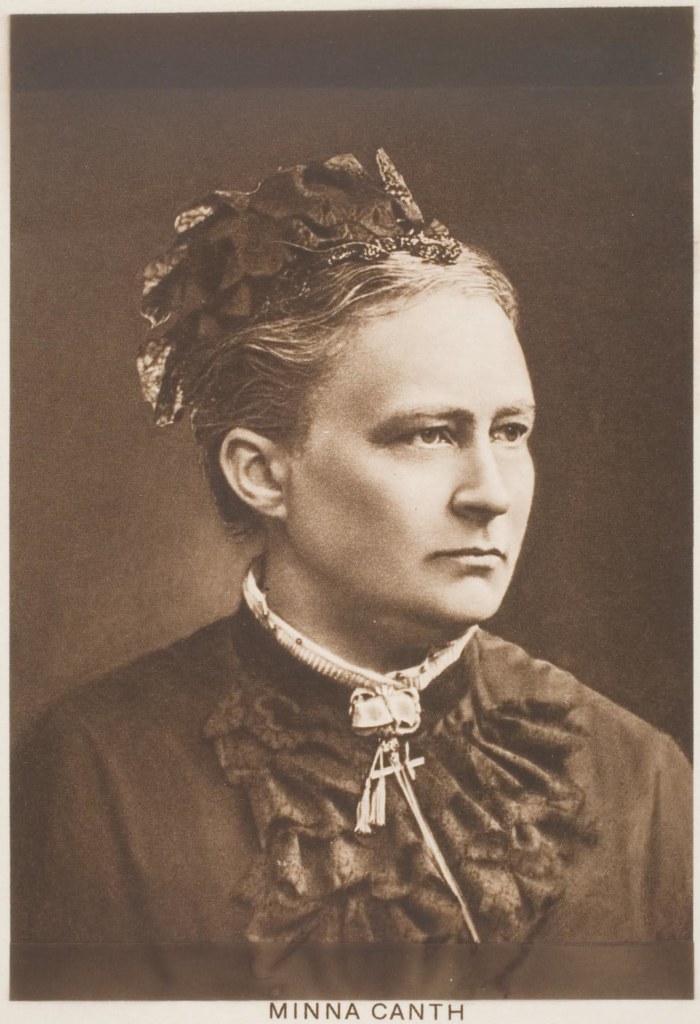On June 21st 2022 I, Jasmin Slimani, had the privilege to have a speech to the graduating bachelor’s and master’s degree students. In my speech, I wanted to be honest about the current rough times affecting all students along with how the life of a student is filled with highs and lows, but regardless we succeed and we are now eagerly waiting for new adventures. Below is my written speech.
Dear audience, welcome
Kära publik, välkommen
Rakas yleisö, tervetuloa
I want to start by thanking the faculty for the opportunity to have this speech at this graduation ceremony of both bachelors’ and masters’ students from the faculty of Arts, Psychology and Theology. I feel privileged, lucky, and honored to be standing up here in front of you all.
Jag vill först tacka er alla för att jag får stå här uppe framför er alla dimitterade och era familjer, vänner och partner, för att hålla detta års dimissionstal. Trots att Åbo Akademi är ett finlandssvenskt universitet, måst vi inte glömma den breda diversiteten vi har av studenter, doktorander, forskare och annan personal. Bland annat, har vi även i dag en handfull av studerande som dimitteras från det internationella magisterprogrammet, Social Exclusion, som är det enda internationella magisterprogrammet här på Fakulteten för humaniora, psykologi och teologi. Därmed kommer jag även att köra detta tal främst på engelska, ett språk som är mer inkluderande i detta rum.
And for those who just sat cluelessly wondering what I was saying, I basically said that I will be doing this speech in English since otherwise many in the audience will not understand me.
As many of you might wonder, who am I and why am I standing here before you. And to answer the latter question first, and to be honest, when I was asked to have this year’s speech I was startled. I started thinking immediately about all the inspirational things I could say, the witty puns and jokes to lighten up the mood and of course also what I should not say in this speech. Regardless, here I am now, still taken by surprise at how I ended up here, maybe I am here because I like to speak and when I do I tend to speak a lot. This was also one of the reasons why I did my master’s thesis partially in the form of a three-part podcast series. As less writing and more talking is the way to go for me.
Going then to who am I. I’m Jasmin Slimani and I moved here to Turku in 2016, right after graduating high school, thinking of myself as mature, when moving from my childhood home. How cute of me. After finishing my bachelor’s studies, I wanted to continue right away with a master’s, and luckily, I was admitted into the Social Exclusion master’s program, which I started in the fall of 2019. Going into a master’s I looked forward to the upcoming two years of studies. Things that I eagerly waited for were meeting and hanging out with new people, making new friends, partaking in events, and exploring Turku in new ways. But as we know the past two years did not go as anyone could have planned.
The hopes of having study circles turned into sitting alone by the computer. The hopes of having student events turned into having dance parties at home alone. And the hopes of creating new supportive communities turned into a need of finding that support from within.
In hopes of not only escaping the situation here in Finland but because I really wanted to do something else than the usual studies, I decided in the fall of 2020 to do an internship abroad. I wanted an unforgettable experience, and to travel a bit further away from the comfortableness of Europe. Hence, I packed my bags with Dar es Salam, in Tanzania as my destination. The hope and idea were to work with girls and women and aid them in any way possible. This included things like, educating them on different issues like sexual health and consent, giving tools of empowerment, and helping these girls and women be more economically independent. But even if I was filled with excitement and eagerness, it didn’t take long for me to realize that the NGO I was working for was money-hungry, didn’t want to make an actual change and the whole organization was run by a greedy fella. Although the internship itself left much to be desired, the experience was unforgettable. I learned a lot about myself in relation to my environment, I met some great and funny people and the beautiful and colorful nature that I was lucky to experience will always stay vibrantly in my mind.
I think I am not alone when I say that the past years have been a rollercoaster. It has been filled with unexpected turns, some occasional laughter, and a feeling of rush in your stomach, but there have also been times when you just want to scream. Furthermore, I do not think I am the only one who will admit that the past two years of studies have been incredibly difficult and lonely, not to mention exhausting. The mix of living in a state of uncertainty, boredom, and stress, has definitely not been a positive contributor to one’s studies.
Despite everything, the ups and downs that these past years have resulted in, I am not looking back at the time with regret. Having lived and studied through a difficult time and to finally be on the other side, I can gladly say that I have grown. I am not the same little 18-year-old wide-eyed girl who thought of myself as mature when moving to another city. But what I now can say, is that I am at least a wiser 24-year-old, who still has plenty to learn but is grateful for the journey so far. I hope that you all graduates can also see the growth within yourselves. I might not know most of you on a personal level, but I do think that each and every one of you has had battles to go thru or still have obstacles to overcome, however, I want to say that all your journeys are valid, plus you have already come a long way. Whether you see it or not, I can promise you that you have grown compared to who you were two, three or five years ago. For instance, look back at pictures of yourself from a while back and you might look at them with a slight feeling of embarrassment or detachment and that shows a certain growth from the person in the picture. Or for instance, can you have seen yourselves sitting here today, a year ago? or even six months ago? I can say that I did not expect myself to be here, so in honor of you, all graduating pat yourselves on the shoulder because you all have done a great job and you all should be proud.
All in all, the past years have presented some of the lowest lows but also some great highs. I have met people I would not have met if I hadn’t chosen Turku to be the place of my studies. I have explored what this city has to offer and found a new love and calmness in nature. I have been more politically invested and I feel stronger and more confident about my opinions and ideology. My time as a student has been fruitful, brought me confidence, and allowed me to grow into the person you all see today. And I wish you all graduates can also list things that your time as students at Åbo Akademi University have granted you.
Slutligen vill jag önska er alla lycka till med alla era nya äventyr.
All that is now left to say is that I wish you all the best of luck in all your upcoming adventures.
Tack! Kiitos! Thank you!
